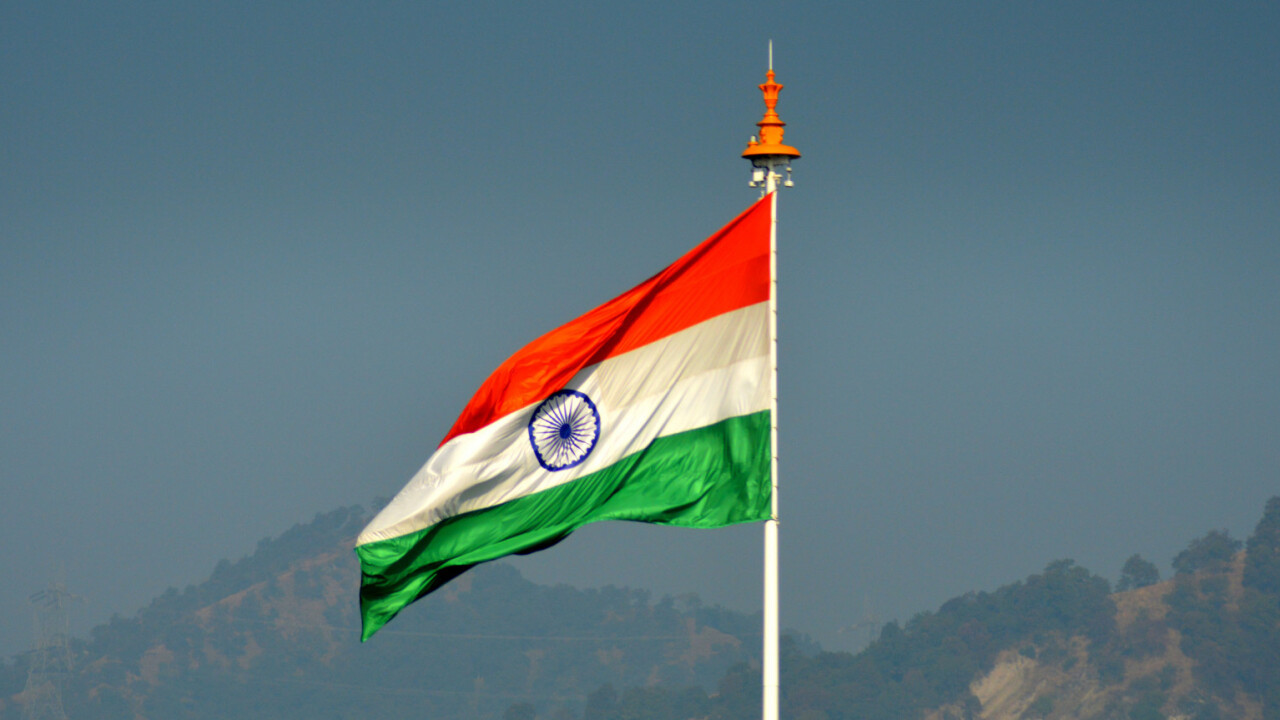It’s no secret now that governments across the world are trying to avoid Zoom for internal meetings after the app was found to be a security and privacy nightmare.
While the Indian government hasn’t explicitly banned the platform, it’s now keen on creating its own video conferencing app. The center has launched a program for Indian tech companies to come up with an encrypted video conferencing solution that works on all platforms.
The government has asked companies to register for the project by April 30. By the end of three phases of the program, one team will get ₹1 crore ($130,255) to develop the app.
The app’s requirements include support for poor network connectivity and lower-end devices, multilingual closed captions, and encrypted calls.

Earlier this week, News18 reported that the center has asked all ministers to use a conferencing app developed by the National Informatics Center (NIC). The report noted that the app has 1,800 studios across the country to facilitate video calls.
The move could help India save plenty of cash. According to this article from the Economic Times about government job vacancies, the Central government alone has a strength of 3.8 million posts.
That’s a ton of meetings. Now, it isn’t clear just how many of those people are in a position to host meetings, but let’s just use that figure of 1,800 meeting studios as a guide. Zoom charges $1,999 per month for an enterprise plan that supports 100 hosts. If you connect all 1,800 studios, that works out to $36,000 a month. The government would end up paying Zoom its budget of $130,000 for less than four months of service.
These figures certainly won’t help figure out the exact cost outlay for the Indian government. But they do illustrate just how much money a service like Zoom’s could cost a massive client like this, and how much the center could stand to save over time (even if you factor in operational costs).
However, with the new app, the government likely wants to remove the requirement of dedicated studios for digital meetings, and make a platform that’s available across devices.
In the wake of coronavirus outbreak, several courts in India have switched to video conferencing — especially Zoom. Even the country’s defense minister, Rajnath Singh, was seen using Zoom for an internal meeting. But given security concerns swarming the app, the government would want to use an indigenous platform that’s supposedly more secure.
Get the TNW newsletter
Get the most important tech news in your inbox each week.





